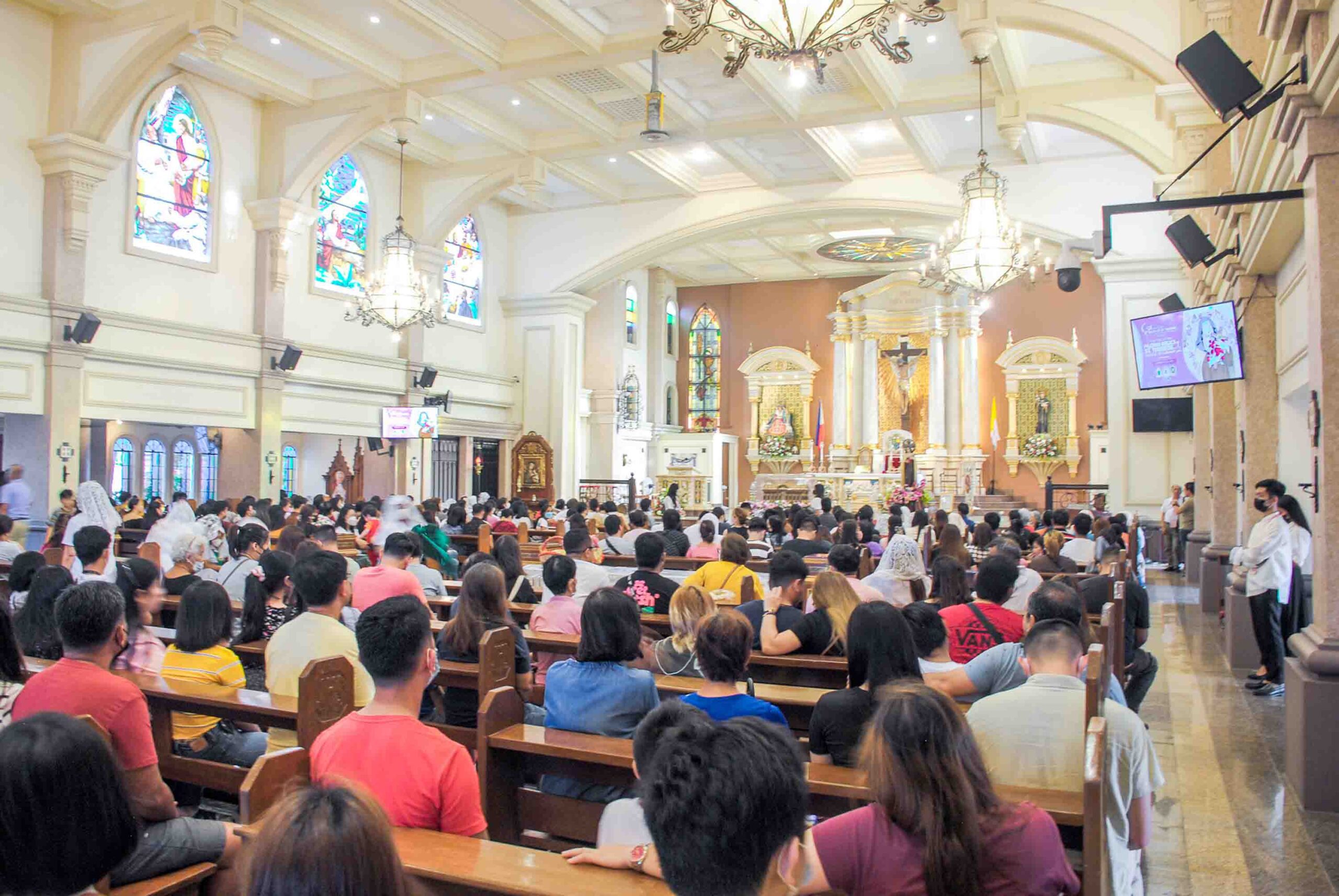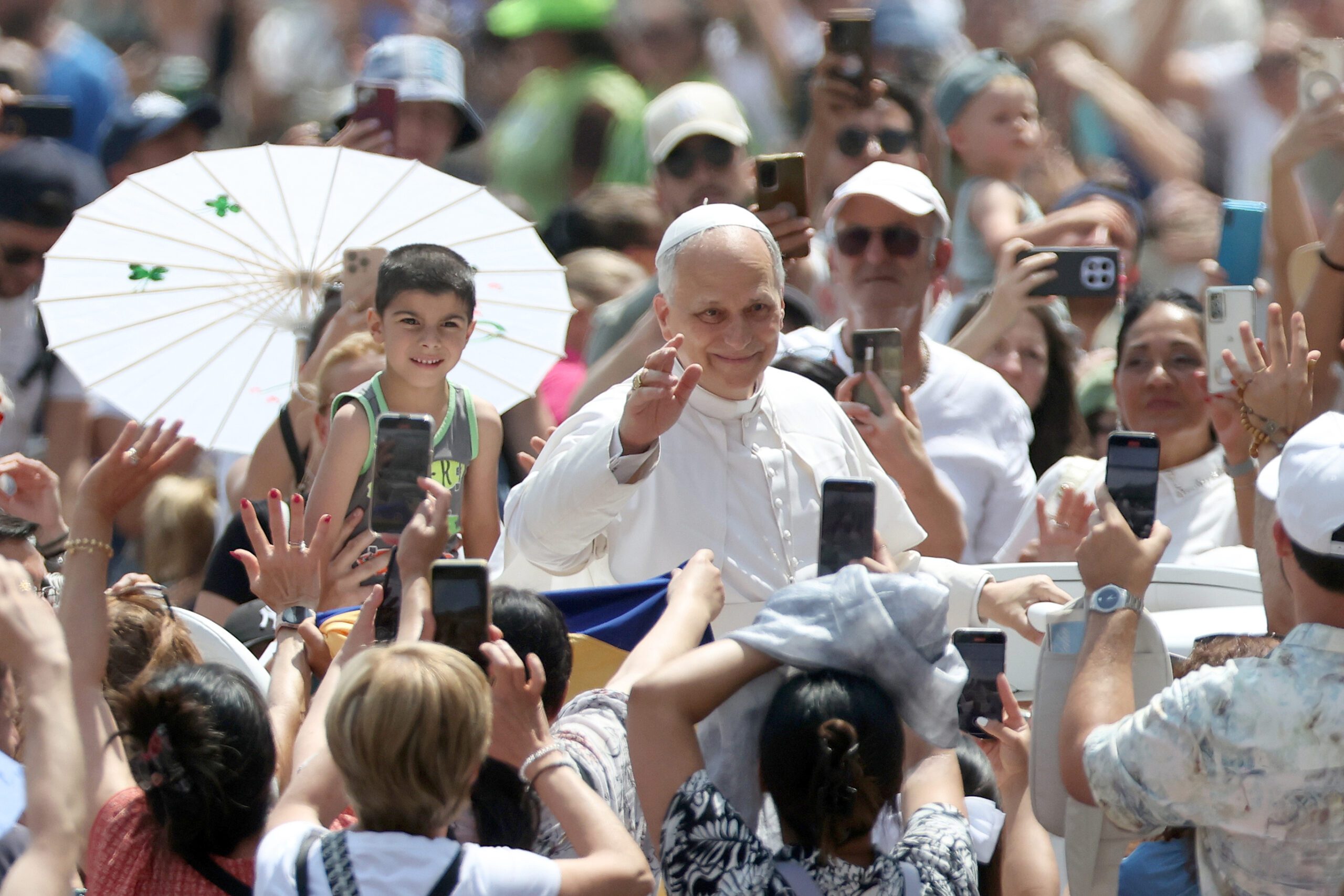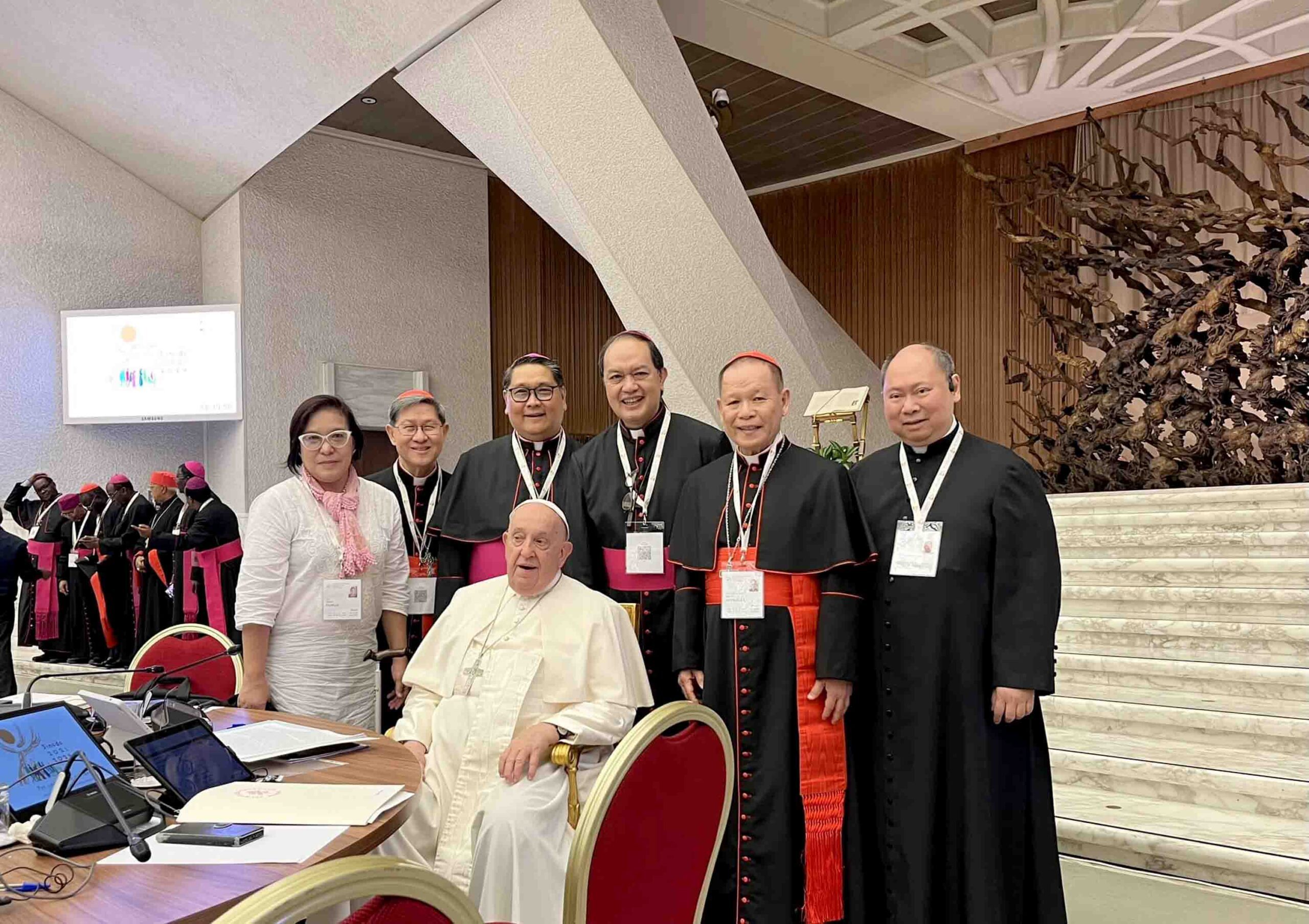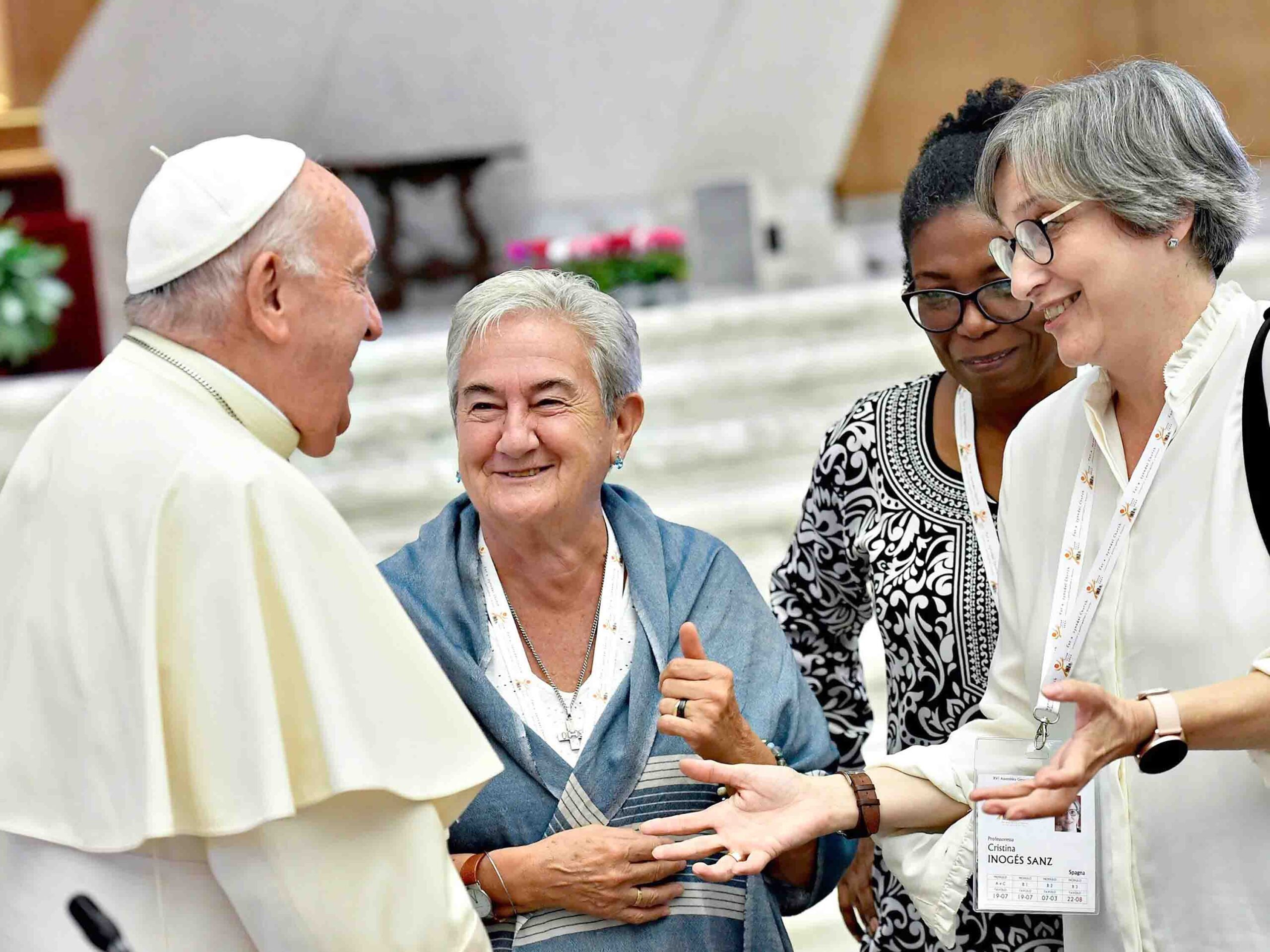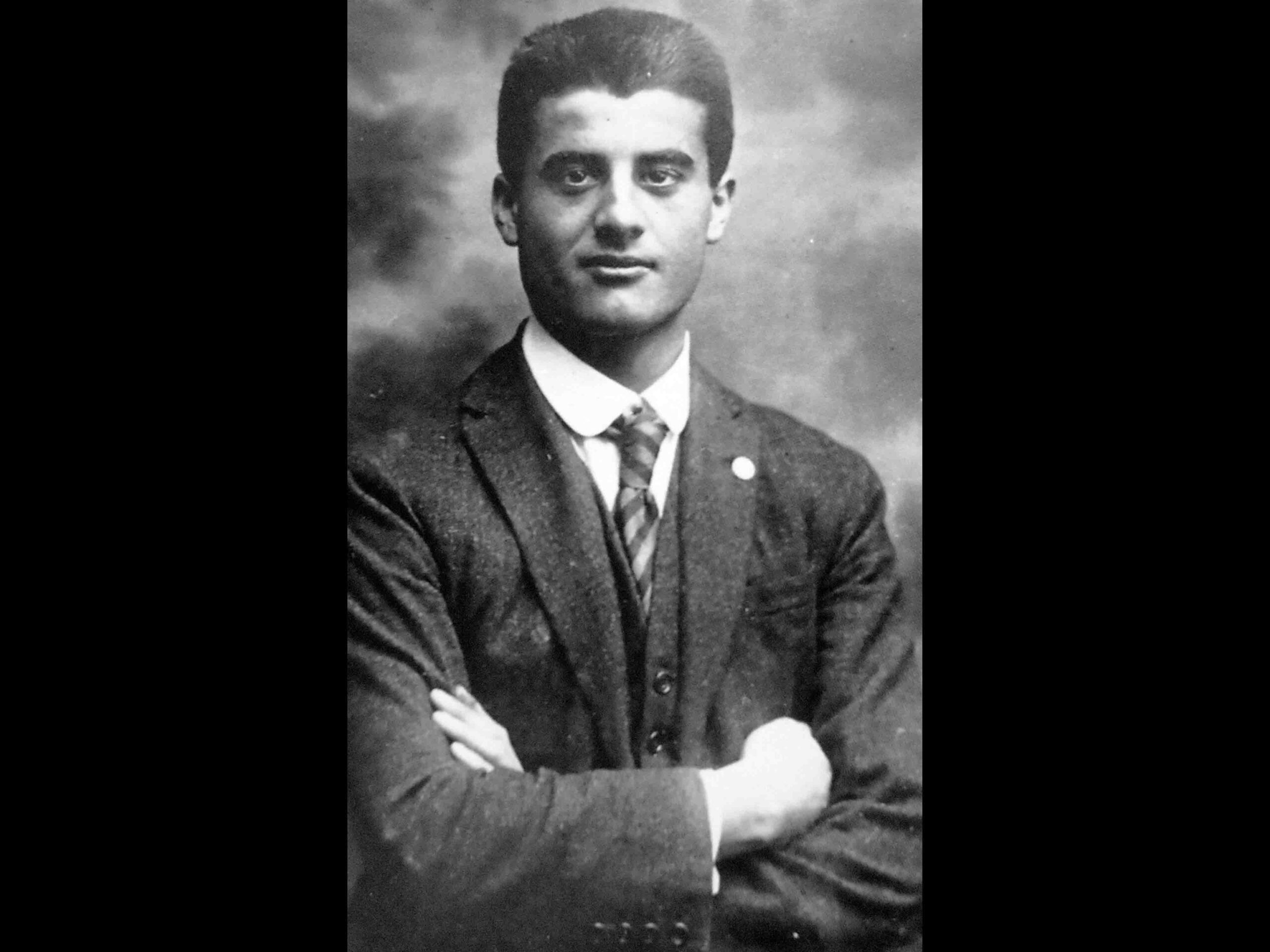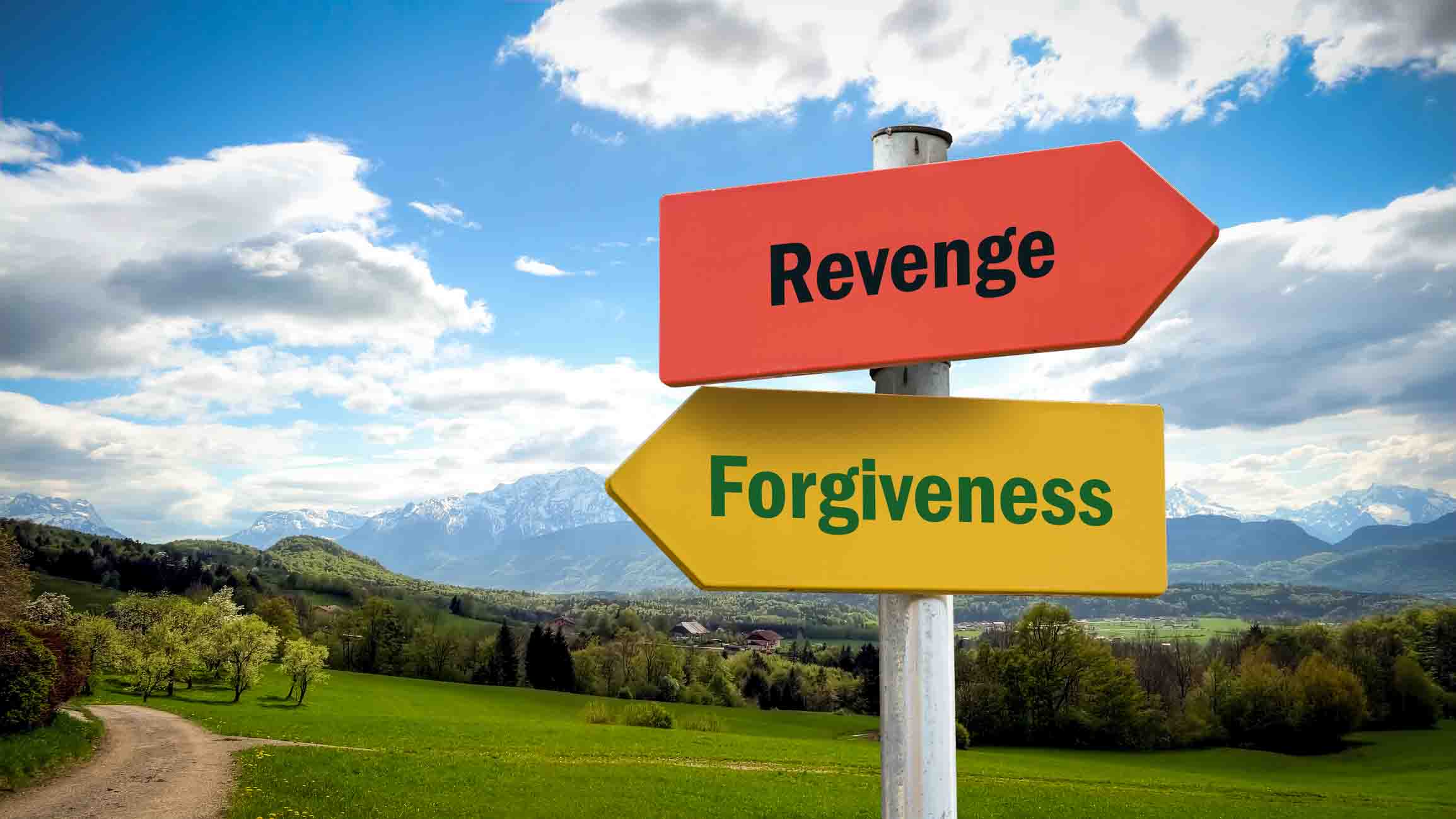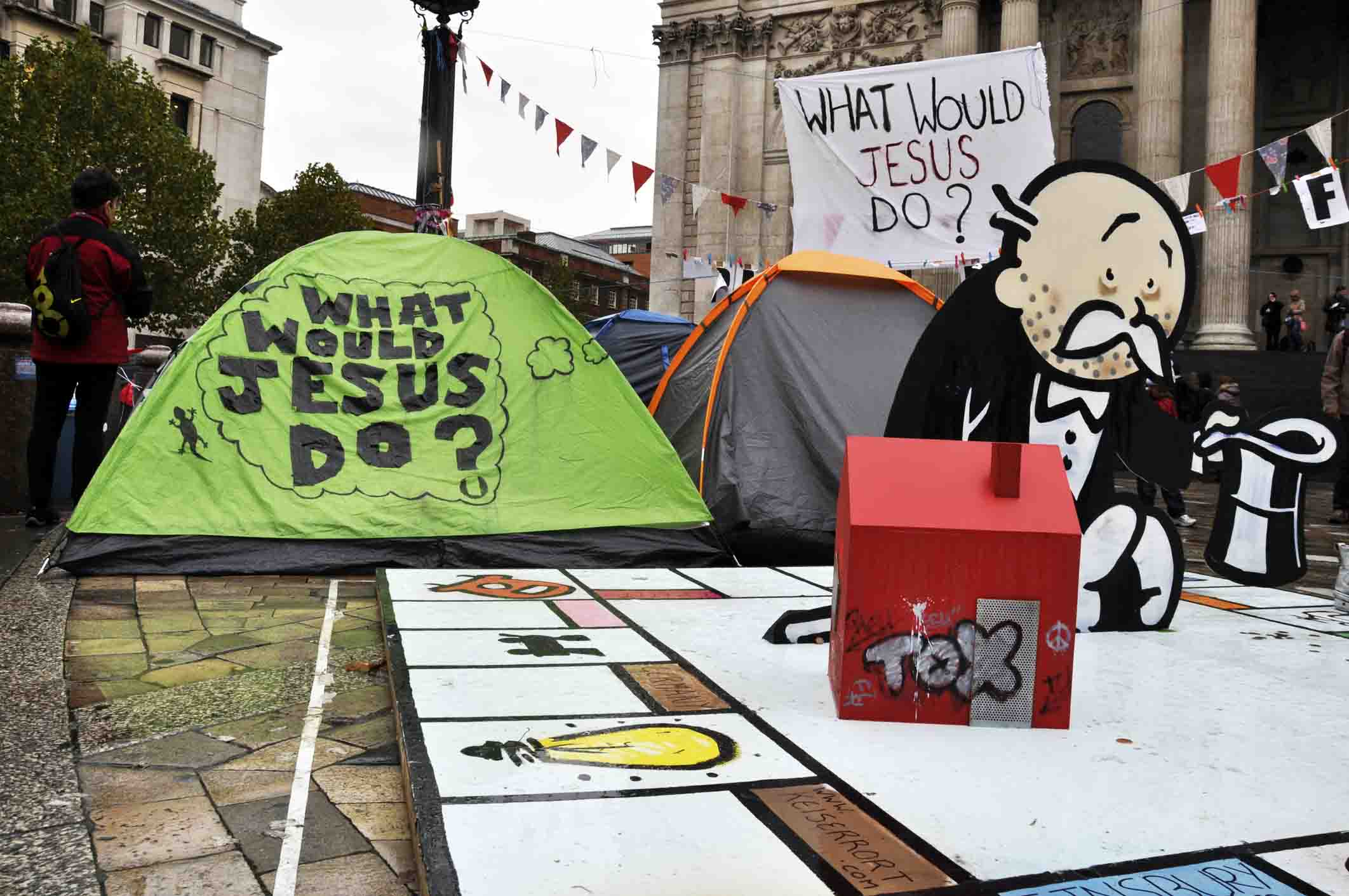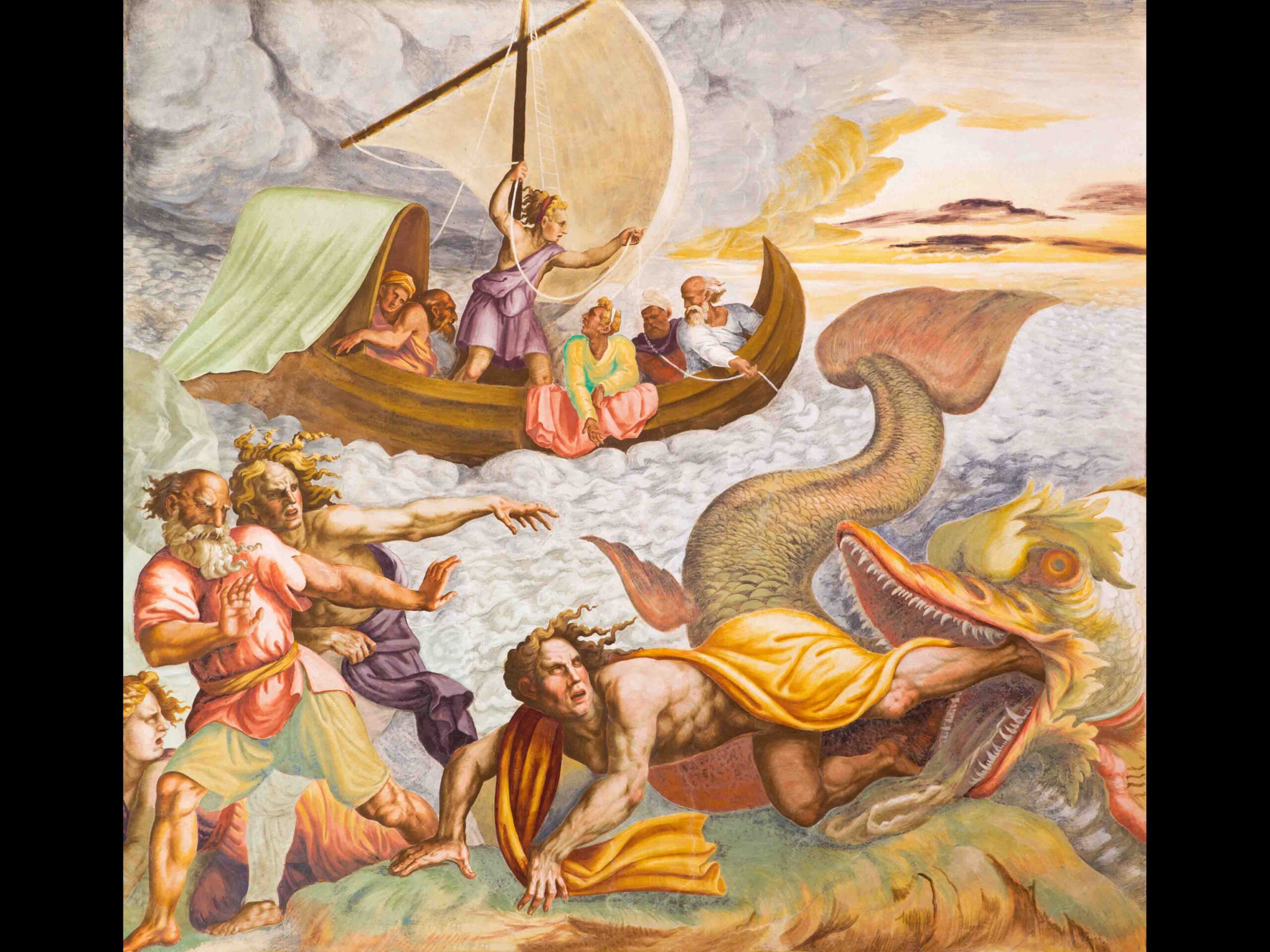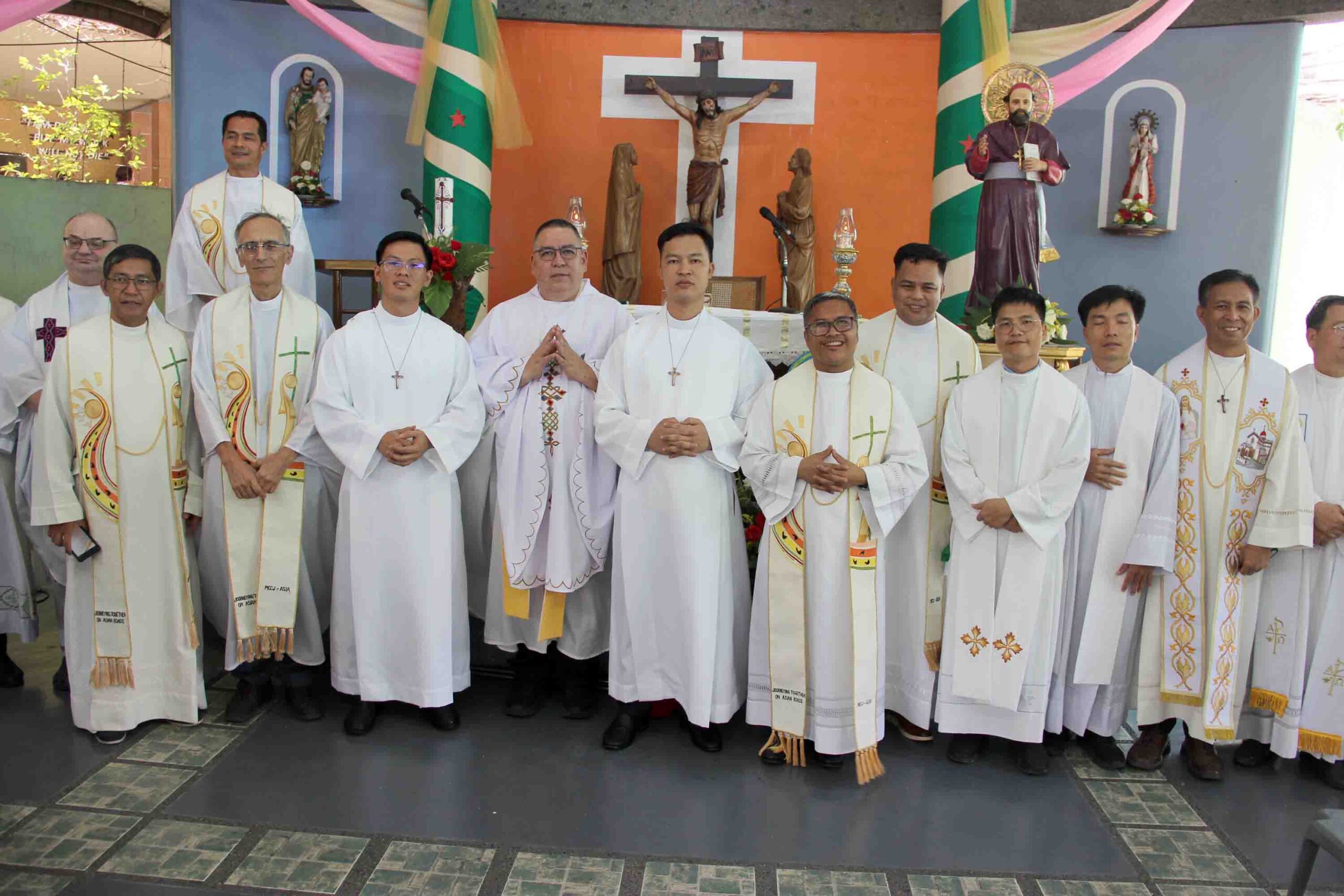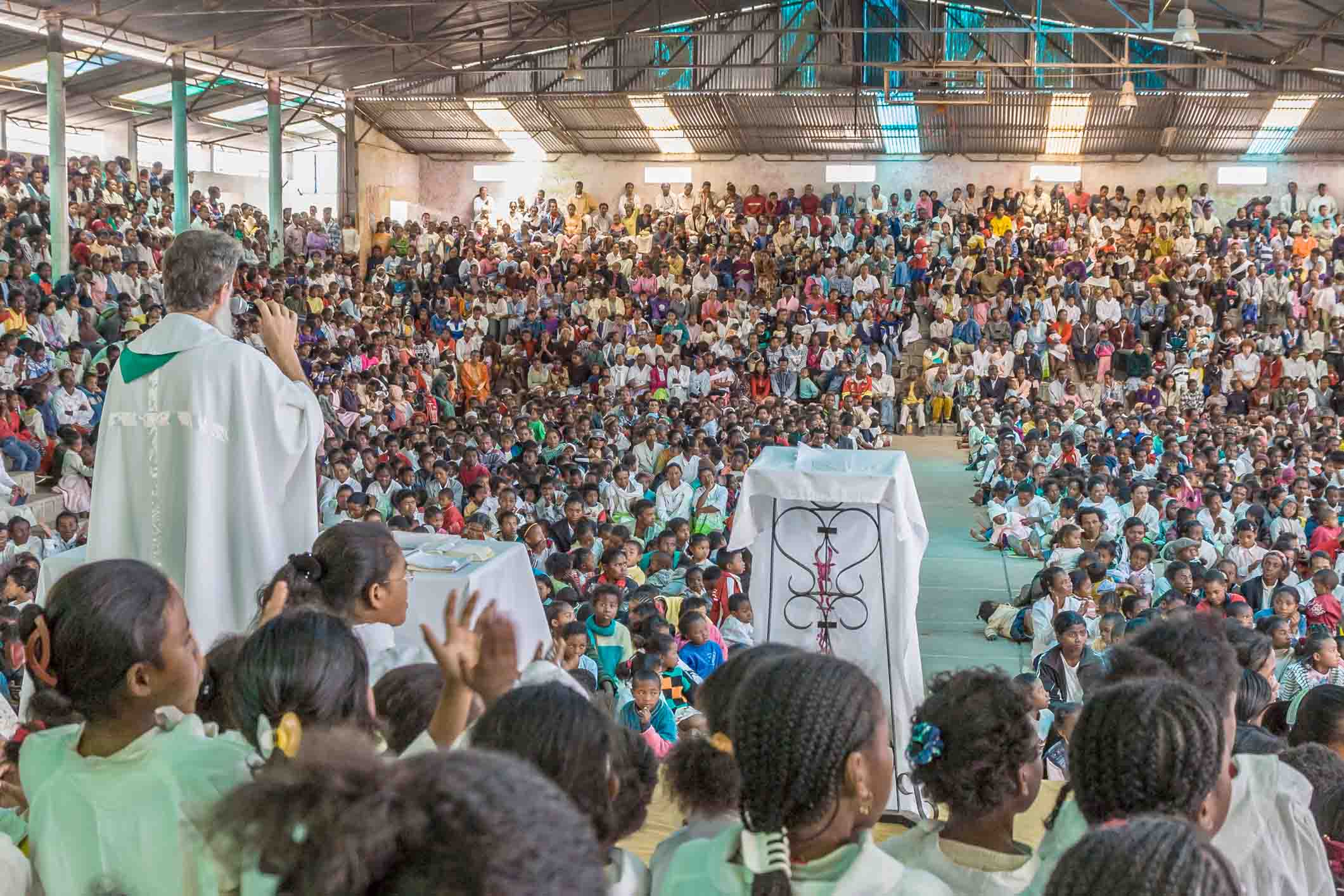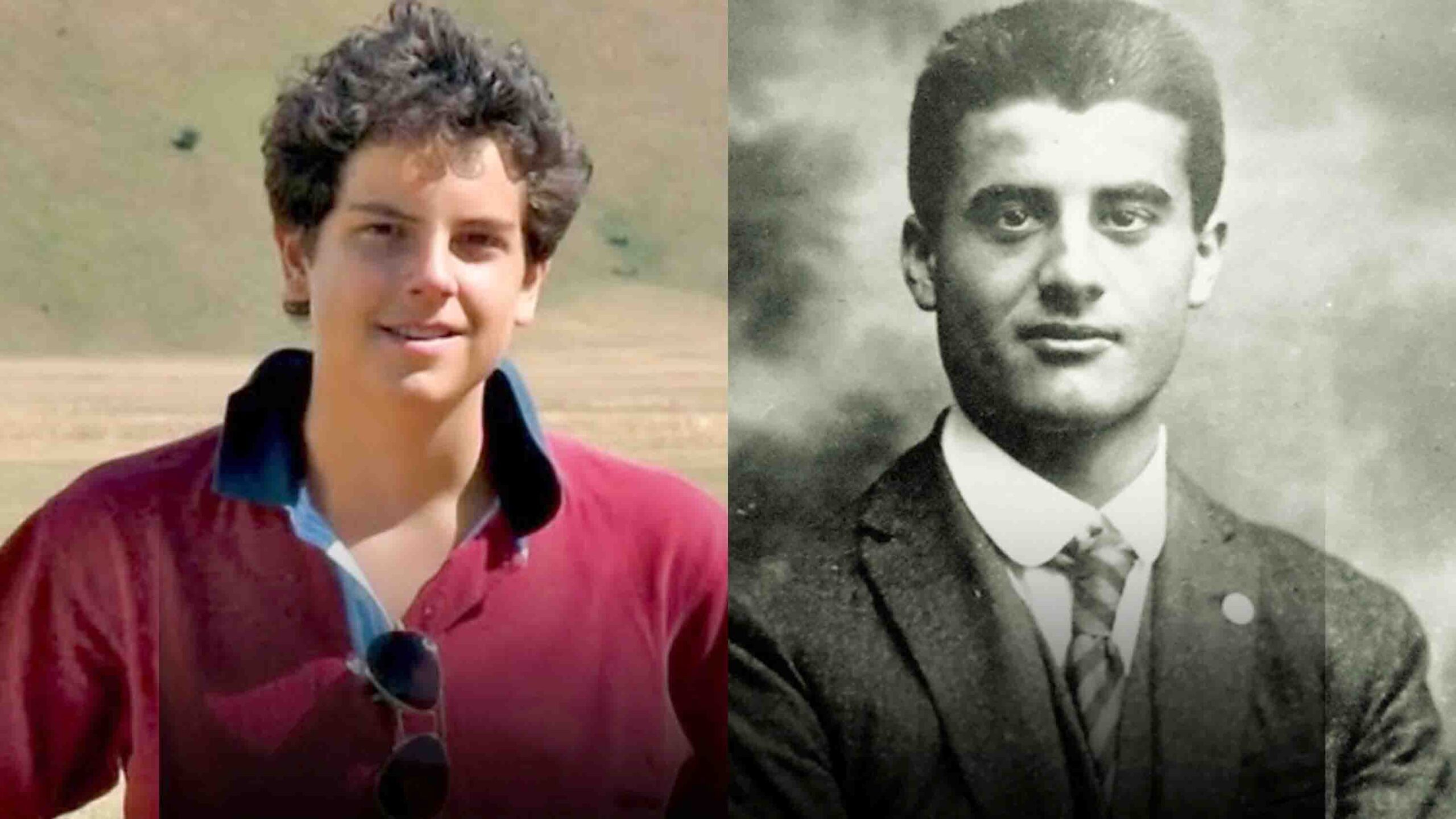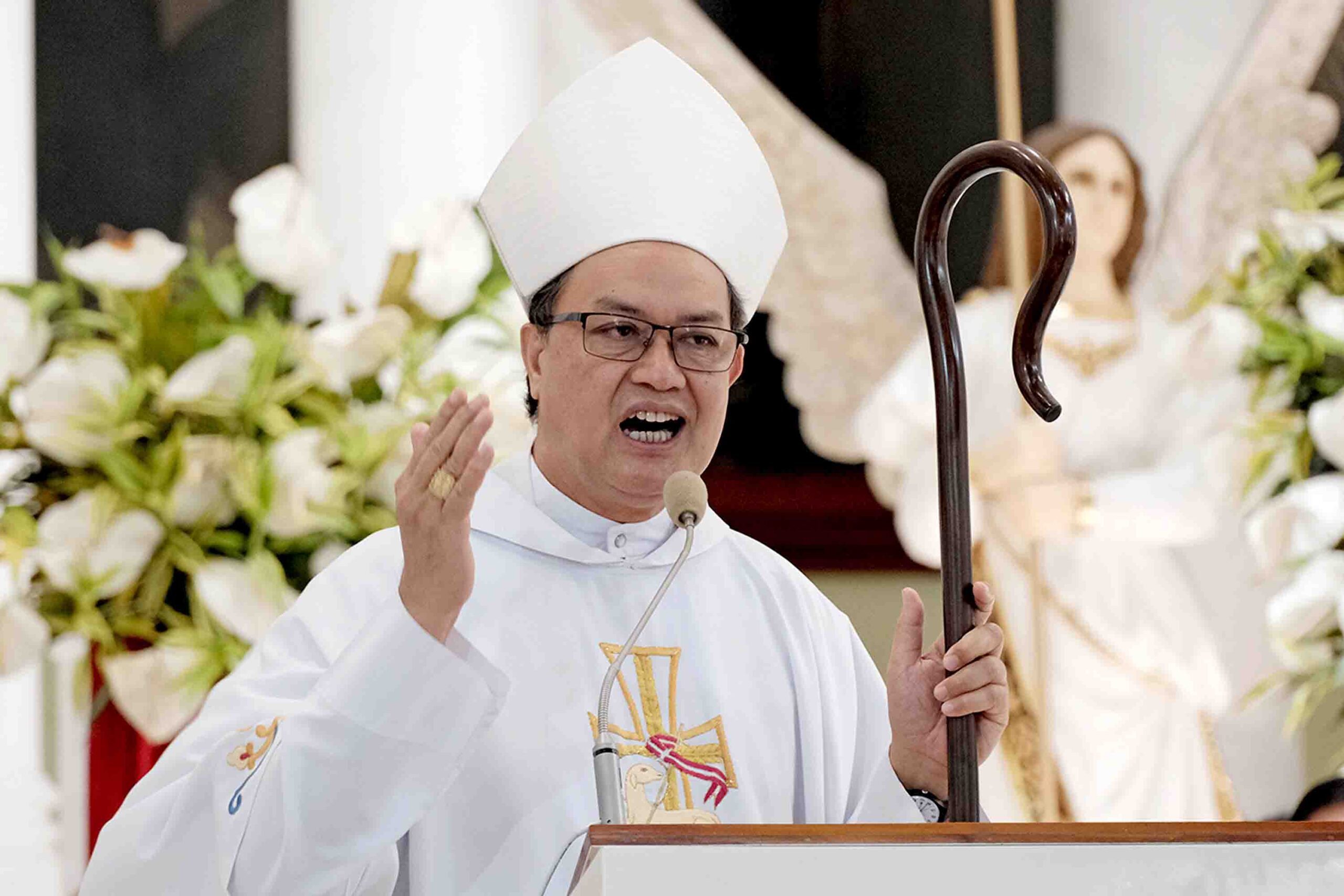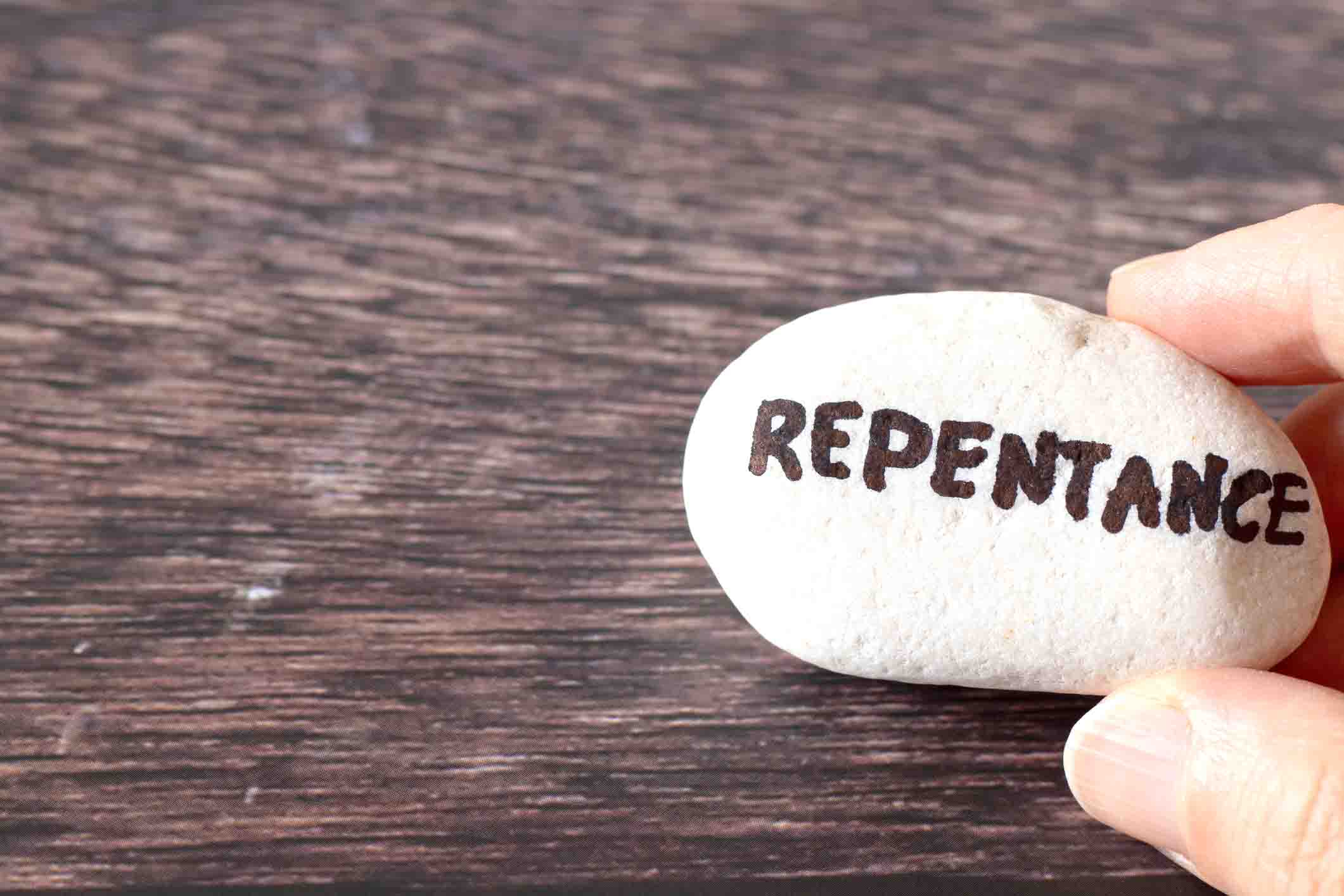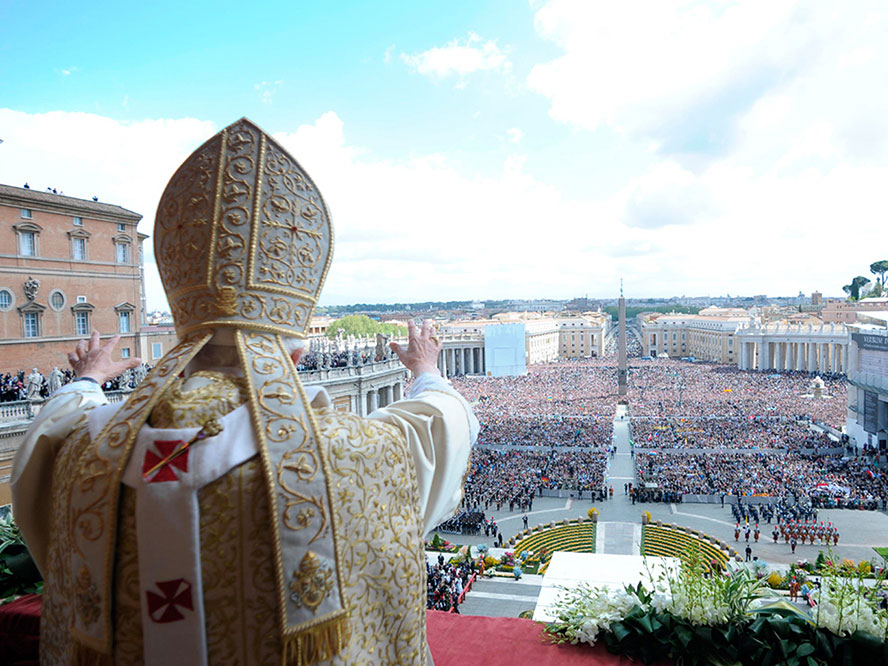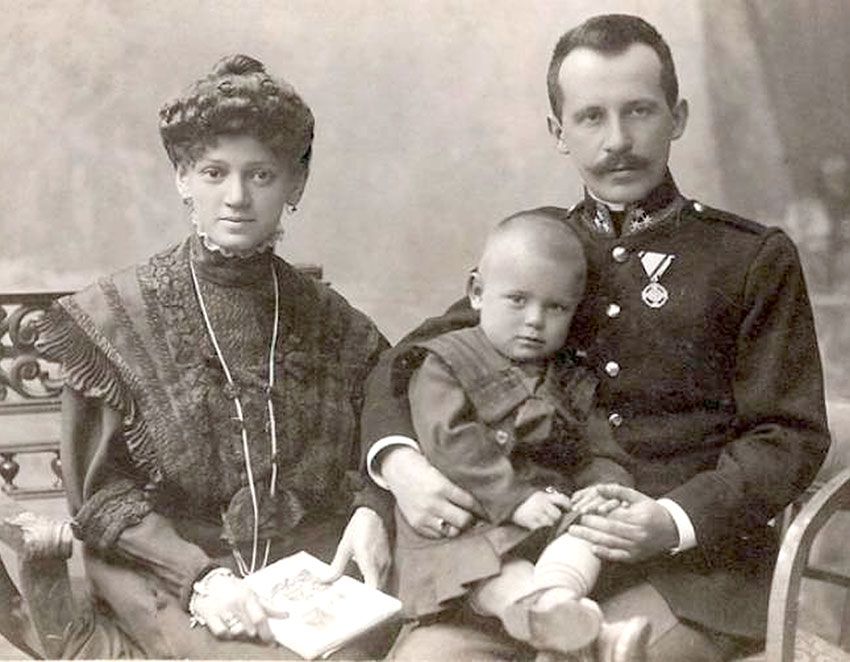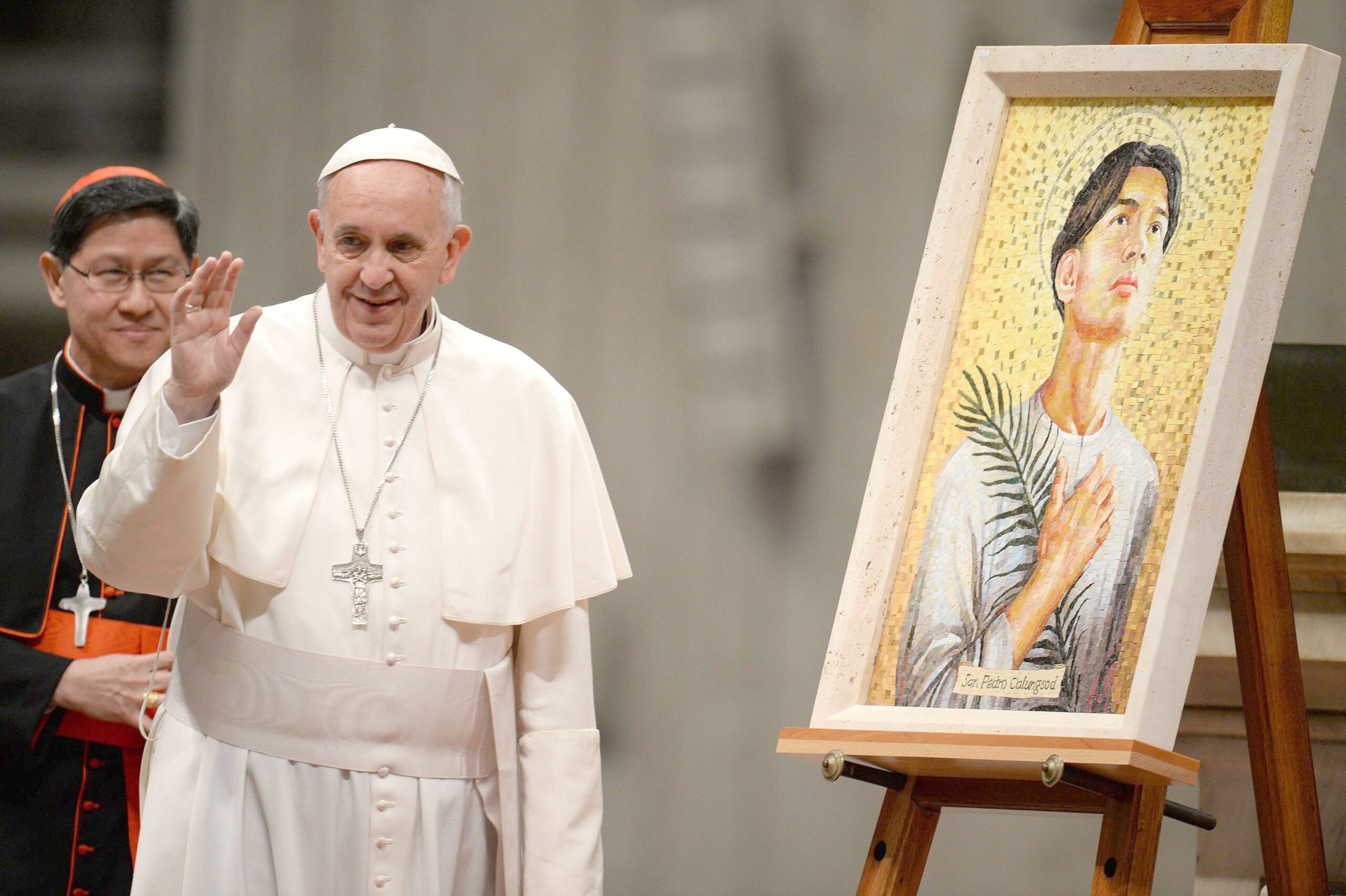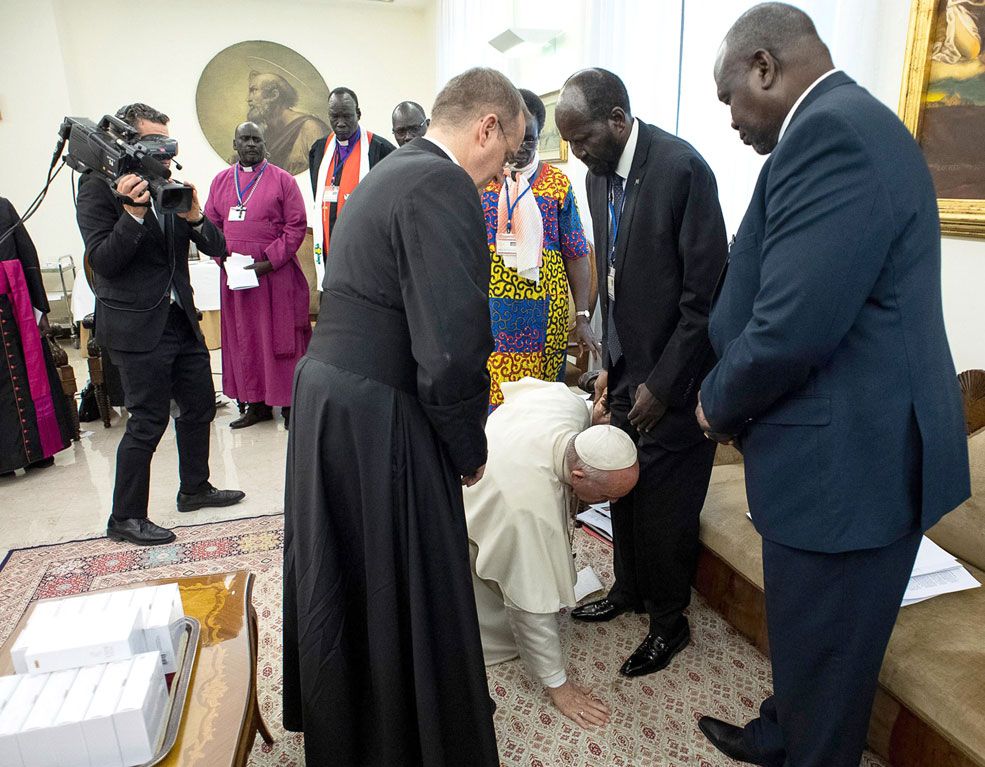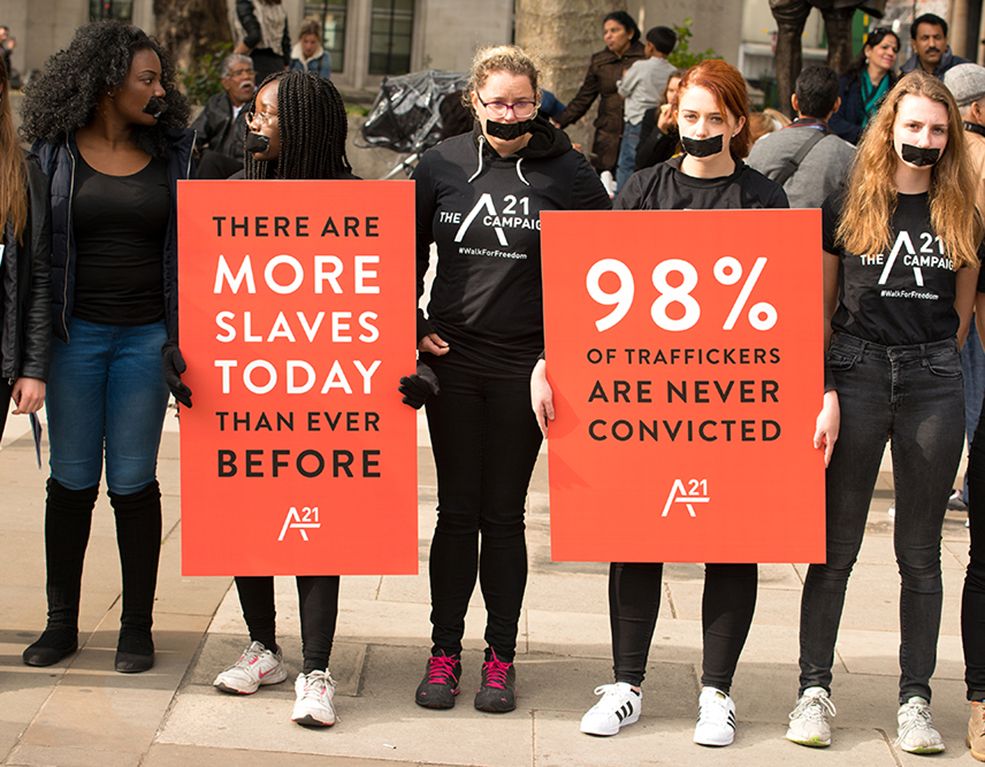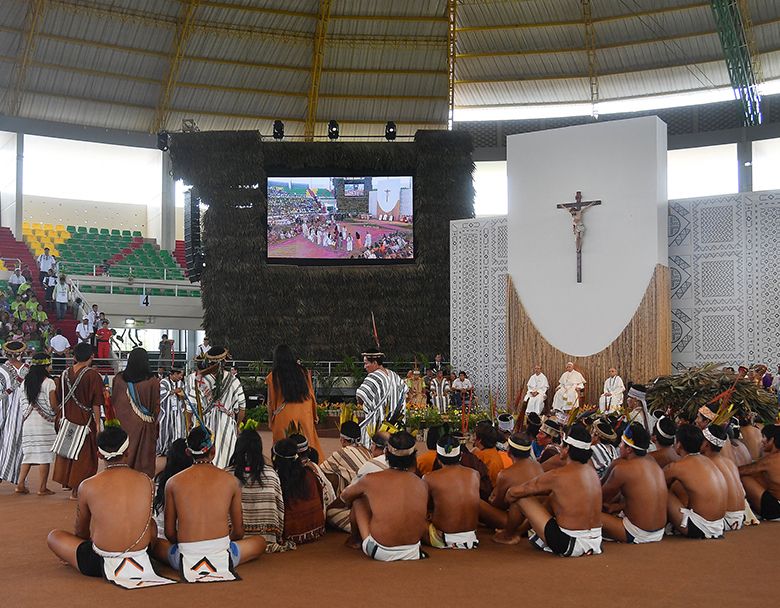These are common questions that faithful Christians ask when we celebrate solemnities and other significant festivities in the Church. I acknowledge the importance of these questions because of what the Church teaches about holy days of obligation.
According to the Canon Law of the Catholic Church, on Sundays and other holy days of obligation, the faithful are required to participate in the celebration of the Holy Eucharist. Moreover, they are expected to abstain from activities that hinder the worship of God, the joy that is fitting for the Lord’s Day, and the appropriate rest for the mind and body (Canon 1247). The Church, with its longstanding tradition, has established these holy days of obligation to remind its members of the significance they should attribute to Sunday’s Eucharistic celebration and other important liturgical festivities. Consequently, all Sundays of the year and ten solemnities are to be observed as holy days of obligation.
TEN HOLY DAYS OF OBLIGATION
The ten solemnities considered holy days of obligation in the Universal Church are as follows: the Nativity of our Lord Jesus Christ (December 25), the Epiphany of our Lord, the Ascension of the Lord, the Body and Blood of Christ, Holy Mary the Mother of God (January 1), the Immaculate Conception (December 8), the Assumption (August 15), Saint Joseph (March 19), Saints Peter and Paul the Apostles (June 29), and All Saints Day (November 1).
Depending on the countries, some holy days of obligation may be transferred to Sunday or removed entirely by the Bishops’ Conference. For instance, the Ascension of the Lord, traditionally celebrated on the Thursday of the sixth week of Easter, is moved to the seventh Sunday of Easter in countries like the Philippines and in some ecclesiastical provinces in the U.S.
The solemnity of Mary, Mother of God (traditionally celebrated on January 1), the solemnity of the Assumption (traditionally celebrated on August 15), and the solemnity of All Saints (traditionally celebrated on November 1) are omitted in the U.S. if they occur on a Saturday or Monday. Thus, if January 1, August 15, or November 1 falls on a Saturday or Monday, there is no obligation to attend Mass.
This is where my unease with questions concerning holy days of obligation arises. I see an underlying imposition, a burdensome duty, which is not explicitly revealed. It leads me to believe that some faithful Christians see the participation in Eucharistic celebration merely as an obligation. It seems to me that they go to Church to fulfill the requirements of holy days of obligation. This raises questions about our love for the Eucharist, our love for the word of God, and our love for communion with our fellow brothers and sisters of our parish community or the community where we participate in the Eucharistic celebration. If we see participating in the Mass as an obligation that must be fulfilled, then something is missing in our understanding of the significance of the Eucharist.
GRATITUDE AND LOVE FOR GOD
The Catechism of the Catholic Church states that the Eucharist is a sacrificial thanksgiving to the Father, a blessing through which the Church expresses gratitude to God for His benefits and all that He has achieved through creation, redemption, and sanctification.
The term “Eucharist” primarily means “thanksgiving.” If the Eucharist is a way for us to express gratitude to the Father, a means to bless Him, should our participation be obligatory? Shouldn’t the Eucharist be a marvelous moment during which we remember God’s love for us through His Son, Our Lord Jesus Christ? Shouldn’t the Eucharist be a moment in which we savor God’s blessing for us and the whole creation?
St. John Vianney expressed this wonderful moment with God in the Eucharistic celebration when he said, “There is nothing as great as the Eucharist. If God had something more precious, He would have given it to us.” He also added, “If we truly love the good God, we should find joy and happiness in spending a few minutes adoring Him and seeking His forgiveness. We should regard those moments as the happiest in our lives.”
Celebrating the Eucharist as a community is a joyful moment, not simply an obligation. Faithful Christians should avoid seeing participation in the Eucharist on holy days of obligation or on Sundays as a mandatory task.
Whether it is a holy day of obligation or not, our participation in the Eucharist must be genuine and sincere. If Christians feel it important to know whether they have fulfilled a holy day of obligation, they should consider refraining from activities that obstruct the worship of God, accompanied by experiencing the joy appropriate for the Lord’s Day, and taking the needed rest for the mind and body. Ultimately, our participation in the Eucharist should be an expression of gratitude and love for God.

